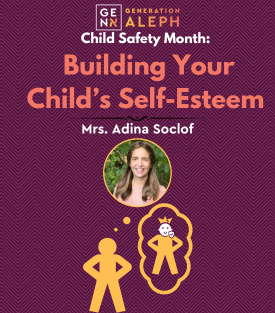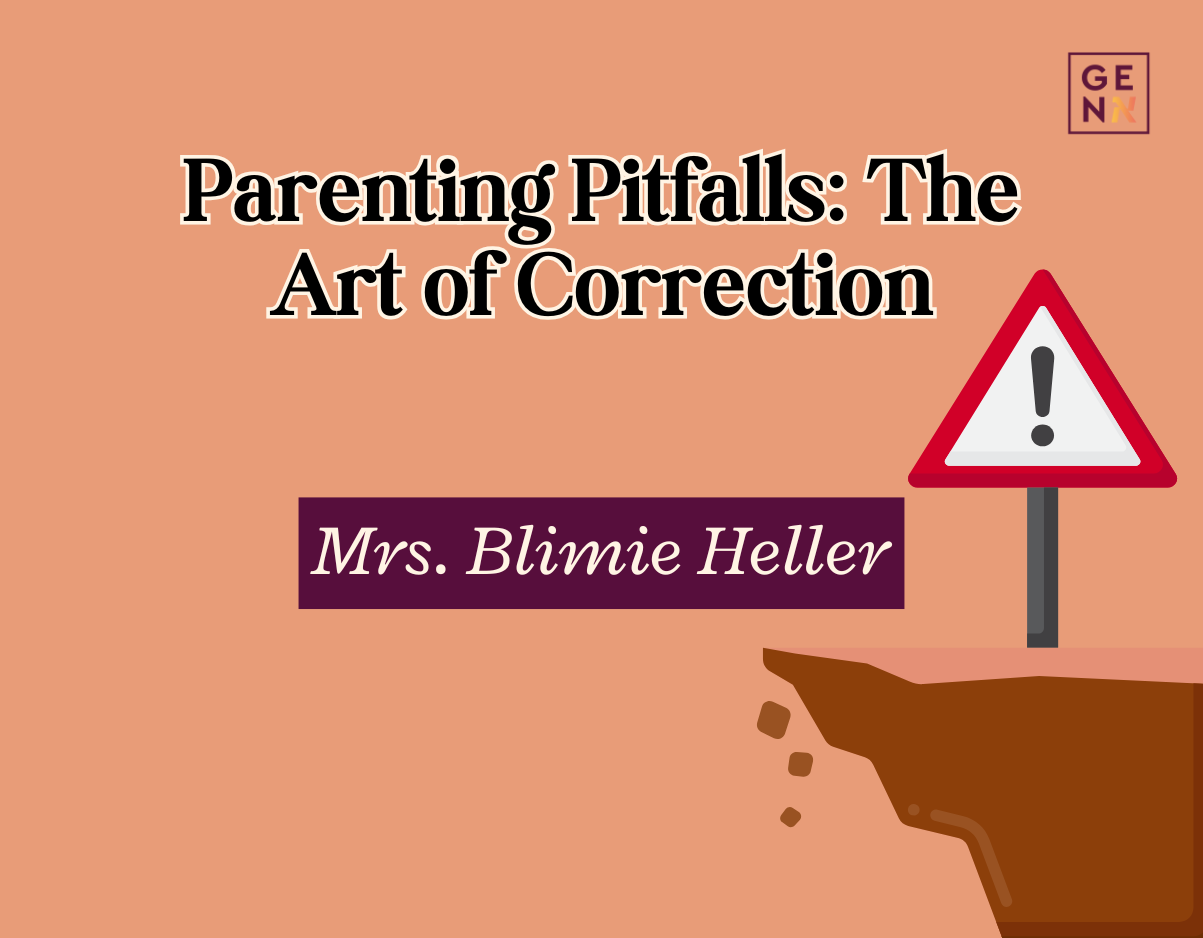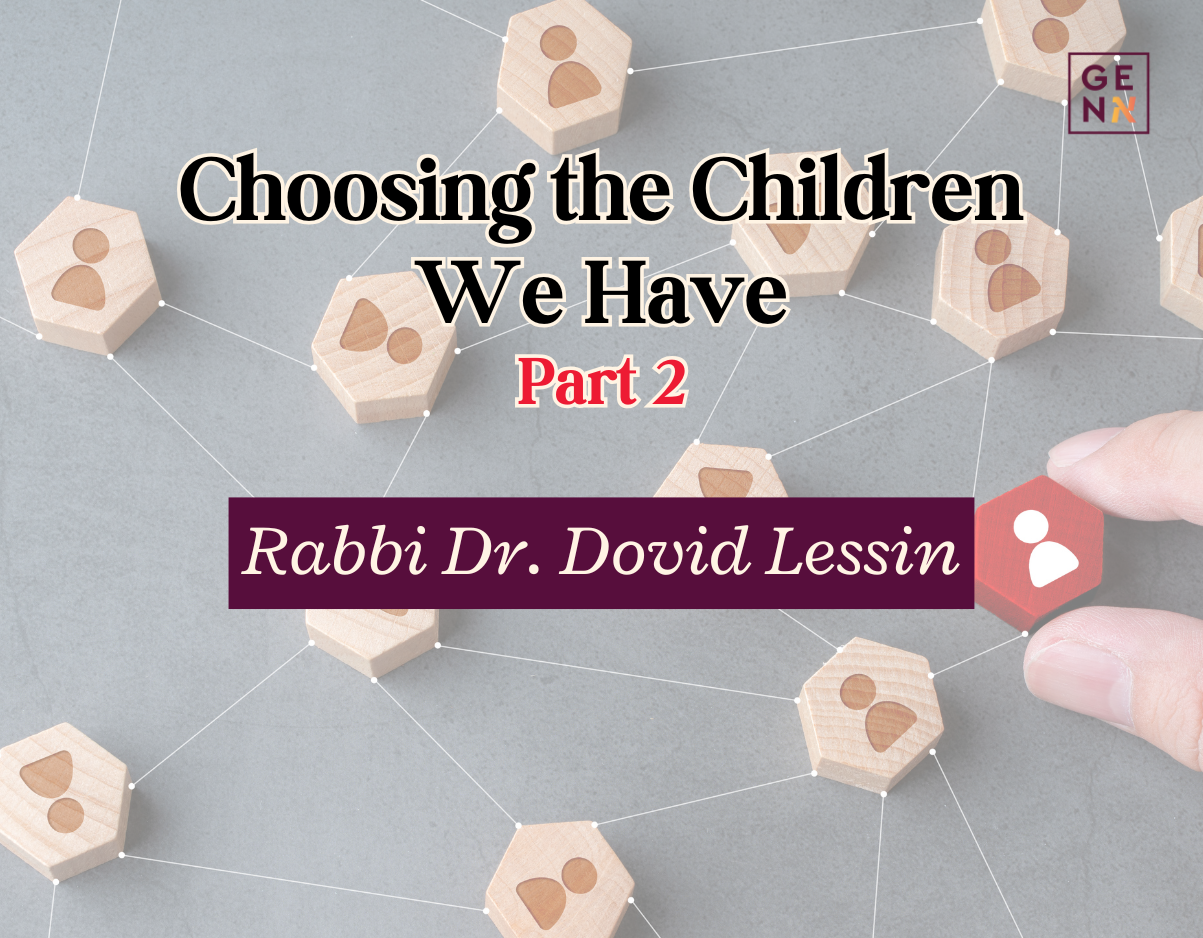כִּי־יִֽהְיֶ֣ה לְאִ֗ישׁ בֵּ֚ן סוֹרֵ֣ר וּמוֹרֶ֔ה אֵינֶ֣נּוּ שֹׁמֵ֔עַ בְּק֥וֹל אָבִ֖יו וּבְק֣וֹל אִמּ֑וֹ וְיִסְּר֣וּ אֹת֔וֹ וְלֹ֥א יִשְׁמַ֖ע אֲלֵיהֶֽם: וְתָ֥פְשׂוּ ב֖וֹ אָבִ֣יו וְאִמּ֑וֹ וְהוֹצִ֧יאוּ אֹת֛וֹ אֶל־זִקְנֵ֥י עִיר֖וֹ וְאֶל־שַׁ֥עַר מְקֹמֽוֹ: וְאָֽמְר֞וּ אֶל־זִקְנֵ֣י עִיר֗וֹ בְּנֵ֤נוּ זֶה֙ סוֹרֵ֣ר וּמֹרֶ֔ה אֵינֶ֥נּוּ שֹׁמֵ֖עַ בְּקֹלֵ֑נוּ זוֹלֵ֖ל וְסֹבֵֽא:
If a man has a wayward and rebellious son, who does not obey his father or his mother, and they chasten him, and [he still] does not listen to them, his father and his mother shall take hold of him and bring him out to the elders of his city, and to the gate of his place. And they shall say to the elders of his city, “This son of ours is wayward and rebellious; he does not heed our voice; [he is] a glutton and a guzzler.” (Devarim 21:18-20)
The wayward son is a glutton for meat and drinks wine excessively. His parents were not successful in discipling their son and he mocks their attempts to do so. In fact, the Ben Sorer U’Moreh commands his parents. When his parents won’t pay to support his habits he steals what he needs. Feeling that they have no other recourse, the parents bring their child to Beis Din. The Torah instructs the Beis Din to sentence the boy to death because he is destined to become someone far worse than the child he is now.
The Gemara in Sanhedrin (71a) teaches that there never was now will there even be a Ben Sorer U’Moreh. Why then does the Torah teach us the laws of the Ben Sorer U’Moreh? דרוש וקבל שכר – we are meant to expound upon these laws and receive reward. What is the value in learning something that will never happen? Would our time not be better used studying something that has relevance to our lives? The Baalei Mussar explain that דרוש וקבל שכר means that if we study the laws of the Ben Sorer U’Moreh carefully we will learn valuable lessons when it comes to child rearing. By inculcating these lessons into our lives we will receive the reward of having healthy and well adjusted children.
There are many fascinating halachos involving the Ben Sorer U’Moreh and each one gives us stunning insights into raising our own children. One of the unique halachos of the Ben Sorer U’Moreh is that the child cannot be considered a wayward son if one of his parents is deaf. This is derived from the passuk quoted above which states: בְּנֵ֤נוּ זֶה֙ סוֹרֵ֣ר וּמֹרֶ֔ה אֵינֶ֥נּוּ שֹׁמֵ֖עַ בְּקֹלֵ֑נוּ, This son of ours is wayward and rebellious; he does not heed our voice…
Two obvious questions jump out at us as we consider this halacha:
- What difference does it make if one of the parents is deaf? Surely, one can be deaf and still be an excellent parent. Why then does deafness indicate some deficiency in the parenting that would exempt this child from being put to death?
- The passuk is speaking about the child’s inability to hear the parents, not about the parents ability to hear the child. How then can Chazal draw the conclusion that a deaf parent excludes a child from becoming a Ben Sorer U’Moreh?
Listening To Our Own Messages
Rav Yitzchak Zilberstein explains that the “deaf” parent is one who does not hear the words of mussar that they are giving to their own child. This child does not hear the words of his parents because the parents themselves do not follow their own instructions. As Ralph Waldo Emerson wrote, “what you do speaks so loudly that I cannot hear what you say.” Actions really do speak louder than words. Our children know exactly what we believe and what we claim to believe. How many conversations have I had with Talmidim over the years where they tell me some version of “my parents claim they care about (fill in the blank) but they care much more about (fill in the blank).” Our children follow in our footsteps, the question is are we listening to our own mussar. In that vein I would like to share two powerful stories.
I was davening in a certain Shul for some time sitting immediately in front of a man who was accustomed to talking during davening to his neighbor. While I did my best to focus on my own davening, the man’s constant talking was difficult to ignore. My instinct told me that this man was not in a place to hear anything about his behavior in Shul, nor was I someone who he would listen to and so I refrained from saying anything. One week his twelve-year-old son had a friend over for Shabbos and as one would expect the son and his friend were talking throughout the davening. Out of nowhere, the father who had been in the middle of talking to his neighbor, turned to his son and quite loudly chastised his son for talking to his friend during davening. The son was mortified. Not only was he embarrassed in front of his friend, but half the Shul had also heard his father berate him. Without skipping a beat, the father turned back to his neighbor and said, “I’m so sorry, what were you saying?” I could not believe my ears. The degree of hypocrisy on display was unimaginable. Several years later that child, now a teenager, was experiencing certain challenges in his observance. He had long since stopped davening or coming to Shul and was engaging in other behaviors that were well beneath his Godly dignity. Through various channels I was asked to spend some time with this young man and I readily agreed. In one of our first meetings the topic of his relationship with his parents came up. Things were strained at home to say the least. It bothered his father endlessly that his son refused to daven or even go to Shul. The son expressed that he felt no connection to davening and felt no need to mindlessly say the words of the Siddur. He certainly did not feel the need to wake up early on a Shabbos morning and go to Shul when he could sleep until lunch began. But in the middle of his rage filled rant he suddenly grew quiet. With a shame filled look on his face he asked me if I remember the time when his father chastised him in front of everyone. I told him that I remembered it well. With tears in his eyes, he asked me, “How could my father have done that to me? How could he have embarrassed me in front of my friend and the entire Shul? Especially when he talks through the entire davening himself. And now he tells me that it’s important to go to Shul and daven? Yea right.” I had nothing to respond, his pain was more than justified. Sadly, the father was deaf to the mussar that he had given his child. Such a child cannot be held accountable for his actions. He is simply living out the lessons he has learned from his parents.
In contrast, I would like to share an incredible story that I heard from the Rosh Yeshiva of Mevaseret, Rav Shimon Isaacson.[1] In the Rosh Yeshivas own words: “I was sixteen years old, and I lived a mile and a half from Shul. Walking with my father one Shabbos morning we were engaged in a conversation about sports. I was quite knowledgeable in this area and my father said to me, a classic dad line, “If you only knew your Gemara as well as you know your sports you would be in good shape.” My sixteen-year-old chutzpadik self-responded, “And dad what about you?” My father until that point had not been learning. He did not grow up with a Yeshiva background. My father did not respond. He did not say a word. He did not rebuke me. The next morning, he began learning Daf Yomi.” For the next thirty-five years Mr. Isaacson would wake up before davening every single morning and learn the Daf. At Mr. Isaacsons levaya, the Rosh Yeshiva spoke about the indelible impression that his father’s actions had on him. He taught not with his words but with his actions. About Mr. Isaacson z”l we can certainly say that he had excellent hearing. Fittingly, at the levaya the Rosh Yeshiva was mekabel on himself to begin learning the Daf lilui nishmas his father. I can personally attest to the significant amount of time and energy the Rosh Yeshiva invests both into running the Yeshiva and into the high level shiurim he delivers. Though I am sure it does not take the Rosh Yeshiva very long to learn the Daf, when time is at a premium even an extra twenty-five minutes is significant. Why then did the Rosh Yeshiva take upon himself this Kabbalah? Because in some way, so much of what the Rosh Yeshiva has become is a product of a father who heard his own mussar and role modeled for his son what it means to be a Ben Torah.
Rav Yaakov Kamenetsky zt”l was once asked how he and his wife taught their children how to make brachos. “We never taught them,” he replied. “They saw us making brachos before and after eating, and because children naturally imitate their parents, they started making brachos too.” Our children are watching us very carefully. We don’t have to be perfect, but we can’t be deaf either. If we want our children to follow our instructions, then we must follow them as well.
[1] Shared with permission
Submit your questions
"*" indicates required fields











